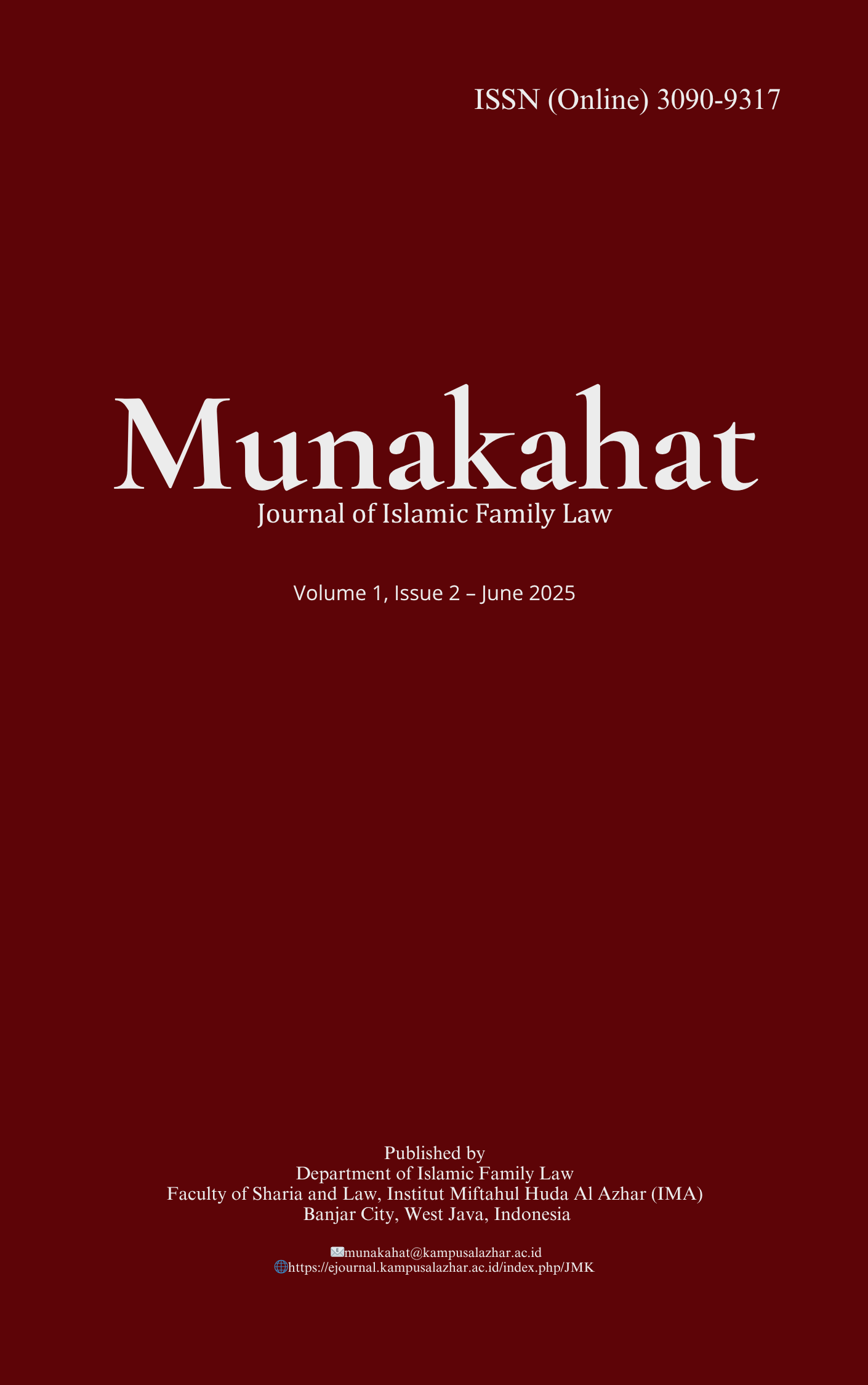Leveraging Artificial Intelligence for Efficient and Transparent ZISWAF Management: Comparative Insights from Indonesia and Malaysia
Published 2025-06-27
Keywords
- Artificial Intelligence, ZISWAF Management, Islamic Finance Ethics, Transparency, Efficiency
How to Cite
Abstract
Background: Zakat, Infaq, Sadaqah, and Waqf (ZISWAF) institutions in diverse regions such as Banjar (West Java, Indonesia), Nabire (Central Papua, Indonesia), and Malaysia face challenges in achieving operational efficiency and transparency. Artificial Intelligence (AI) presents promising opportunities to transform these social-religious financial management systems.
Methods: This study employs a qualitative comparative case study methodology, analyzing ZISWAF management practices across the three locations. Data was collected through interviews, document analysis, and field observations, supplemented by a comprehensive literature review on AI applications in Islamic financial ethics.
Results: Findings indicate that AI integration significantly enhances operational efficiency, improves transparency in fund distribution, and minimizes risks of mismanagement. However, effective implementation requires alignment with Islamic ethical frameworks and local socio-cultural contexts.
Discussion: The study highlights the critical importance of embedding AI technologies within the Maqāṣid al-Sharī‘ah (objectives of Islamic law) to ensure justice, community welfare, and trust. Policy frameworks and ethical guidelines are necessary to facilitate responsible AI adoption in Islamic social finance.
Conclusion: AI has transformative potential to modernize ZISWAF institutions, promoting accountable, efficient, and transparent management practices in Muslim societies across Indonesia and Malaysia, provided that technological innovations are harmonized with Islamic jurisprudence.
Novelty: This research bridges the gap between advanced AI technologies and Islamic legal-ethical principles in the context of ZISWAF management, offering a scalable, cross-cultural model for enhancing social finance governance in Muslim-majority and minority settings.

